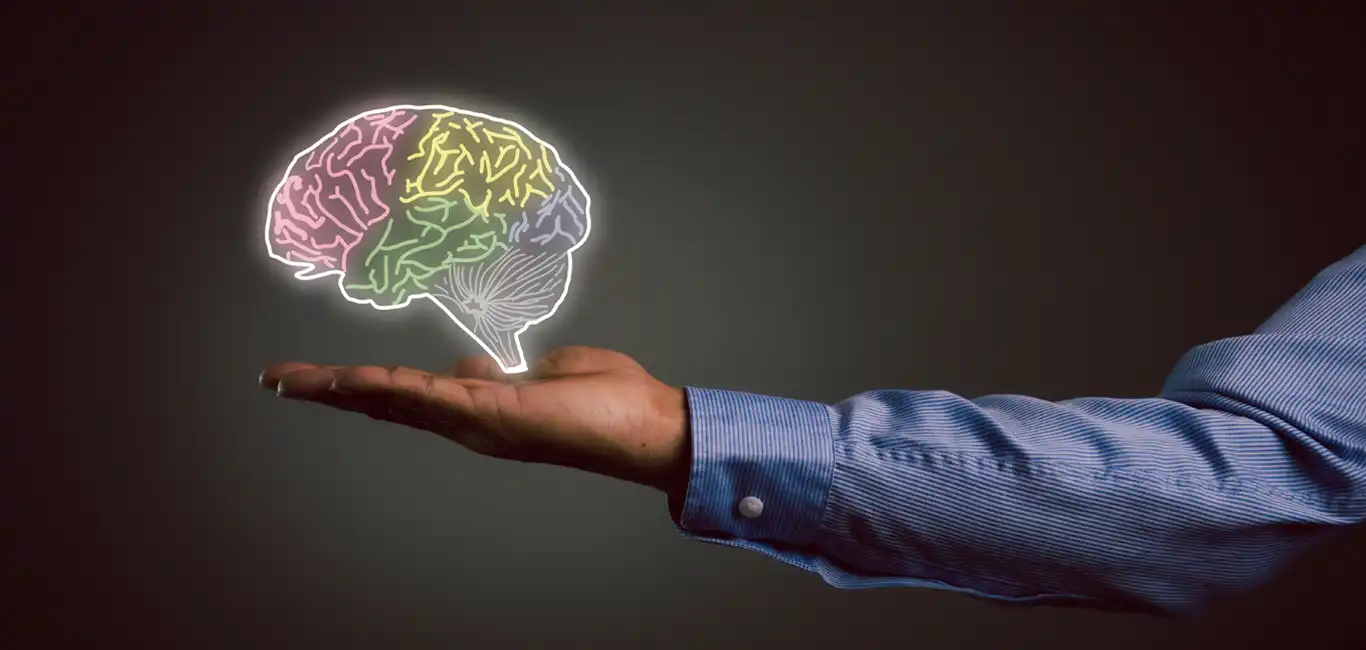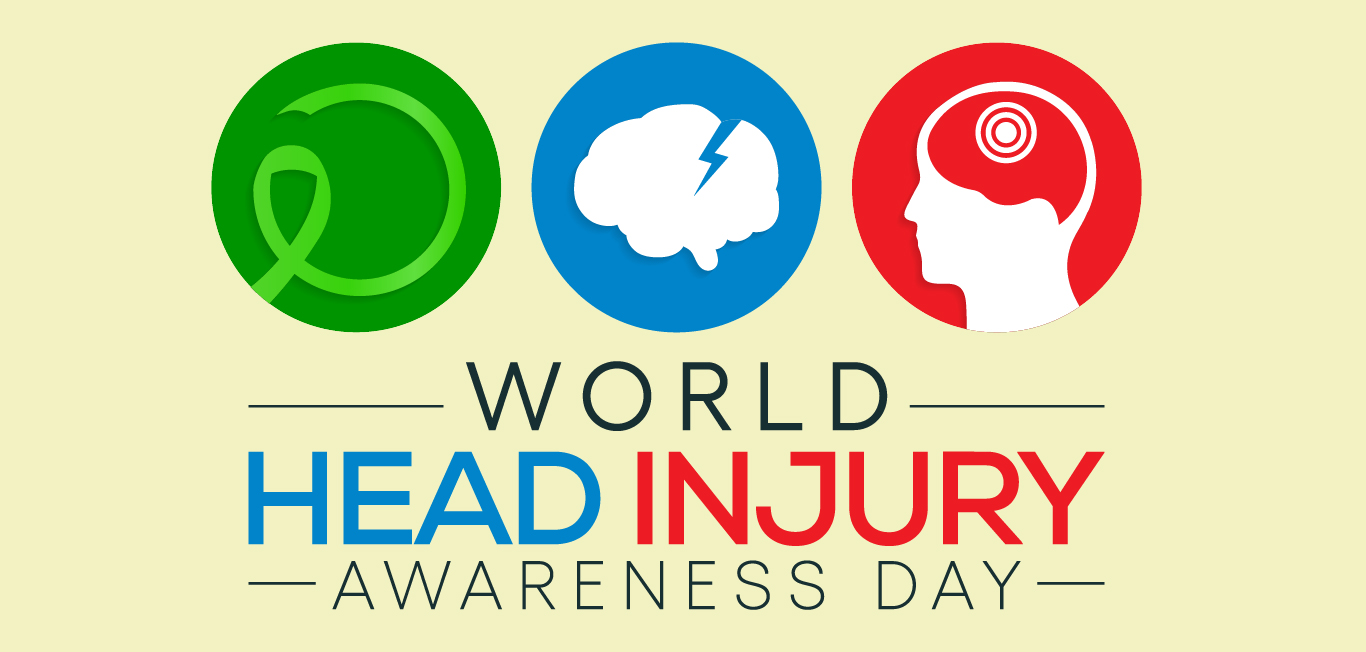
The 2015 biopic Concussion shed light on the issue of brain health among combat sports athletes. The movie depicts the story of a football player who had severe concussions due to repetitive blows to his head.
“Repeated head injury and concussions are typically seen in combat sports like American football, boxing or wrestling, or ice hockey, where the athletes collide with each other,” said Dr Dhaval Shukla, professor and head of neurosurgery at the National Institute of Medical Health and Sciences (NIMHANS), Bengaluru.
Concussions, lasting from a few minutes to half an hour, are alterations of brain function, according to Dr Shukla. While most concussions are minor and do not cause structural damage to the brain, they can still have lasting consequences. As an example, Dr Shukla describes a common portrayal in movies where the person with a concussion loses consciousness and wakes up disoriented, asking, “main kahan hun (where am I)?”
The protected brain
The human brain is a marvellous organ that controls every bodily activity, yet it is also extremely fragile and needs multiple layers of protection to avoid injury. Encased in a bony skull and surrounded by membranes and fluids that act as shock absorbers. These protective layers cushion and shield the brain from harm, according to Dr Shukla.
But sometimes, severe head blows can break through these protective layers and cause damage to the brain. In addition, repeated head blows can result in the outer hard protective layer impacting the inner soft tissues as they press against these layers. This impact can lead to mild brain injury or concussion; the affected person may experience symptoms long after the initial blow.
The impact zone
A 2020 study by James Berry and team says that depending on how hard the head hit is, it causes the brain to vibrate, specifically accelerate and decelerate rapidly. In addition, the shear force causes damage to the cells in the brain, disrupting the way they communicate with each other. This damage can lead to the excessive release of brain chemicals and neurotransmitters, which can turn toxic to the brain.
Over time, these chemicals impair the brain’s ability to transmit signals effectively, as the cells that help insulate the connections between neurons are damaged and unable to do their job correctly.
Another study by Charles H Tator also points out that when there are repeating blows to the head, the brain fluid spins around, leading to a cascade of disordered chemicals affecting the brain’s glucose metabolism.
Sometimes, blows to the chest can cause a concussion due to the whiplash effect on the brain. However, the study has found whiplash of the neck and concussion often coexist.
Beyond the field
While concussions from repeating brain injuries are in common association with sports, studies show that car accidents, workplace incidents, and various mishaps among children and the elderly also causes concussions.
Dr Nishan Sadashiva, additional professor in Neurosurgery at NIMHANS, notes that falls are frequent among young children and the elderly, making them particularly susceptible to such injuries.
Dr Shukla concurred with Dr Nishan, noting, “It is not uncommon for children to fall from terraces while flying kites, resulting in head injuries. In such circumstances, if they suffer a head injury, the consequences can be far-reaching, not only affecting their families but also imposing a social burden.”

When to pay attention?
According to experts, common signs of concussion are loss of consciousness, blackouts, memory loss, headaches, nausea, vomiting, sensitivity to light or sound, difficulty concentrating, unsteady balance, slurred speech, and emotional changes. Individuals may also experience visual changes, such as blurry, double vision, or ‘seeing stars’.
“The effects of concussions may not show up immediately, but loss of memory of events both before and after the concussion is very common,” Dr Shukla observed. While CT scans are an important route to detect concussions, “It is important to note that not all concussions require a CT scan,” he added.
So, when should one consider asking for a scan?
A CT scan may be necessary if a person is unconscious, unresponsive to commands, or experiencing persistent headaches and vomiting. “This is especially true if the person is throwing up on the road or at the accident scene, indicating a more severe injury,” Dr Shukla said.
The first hour after a head injury, also known as the golden hour, is critical for seeking medical attention. Within the subsequent three hours can be the difference between life and death. Therefore, immediate medical attention is crucial, according to Dr Shukla.


















2 Responses
Good read! Especially the part throwing light on “When to pay attention”, is very useful.
Dear Shribhagwan,
Thank you for your positive feedback.